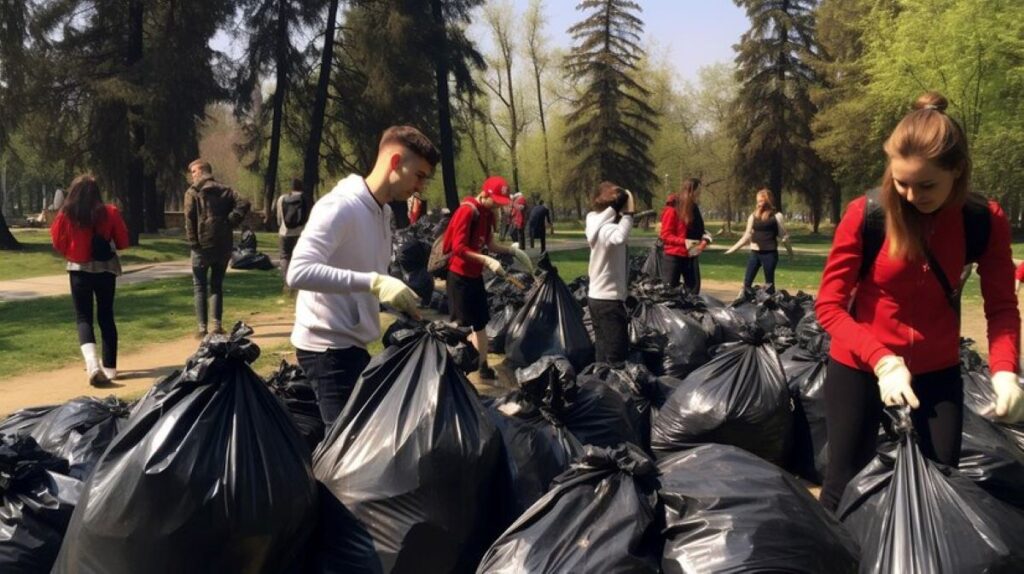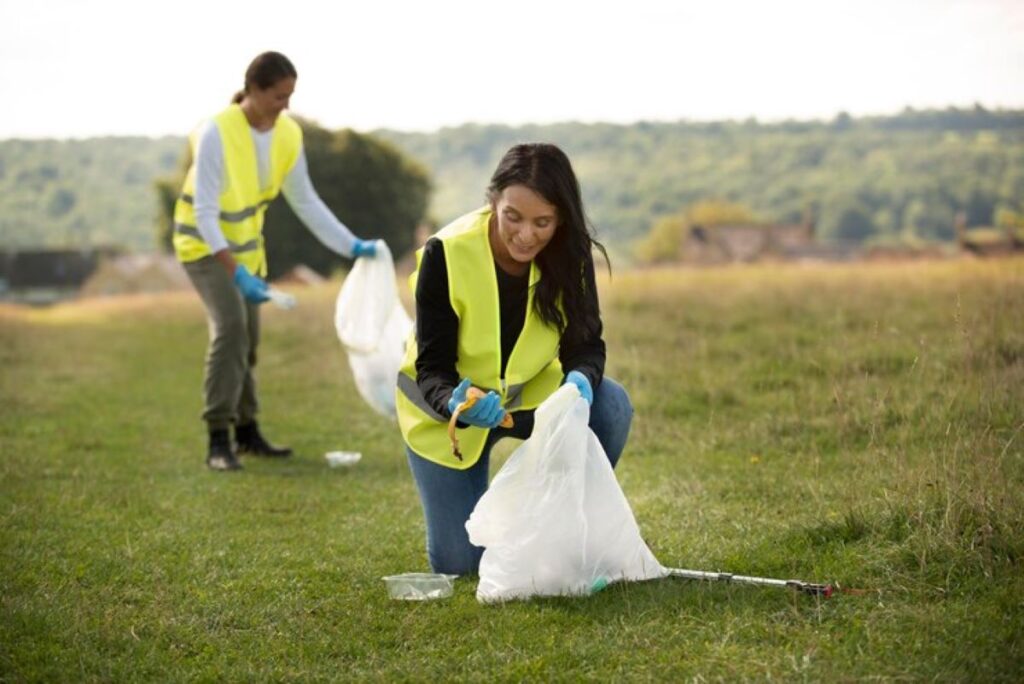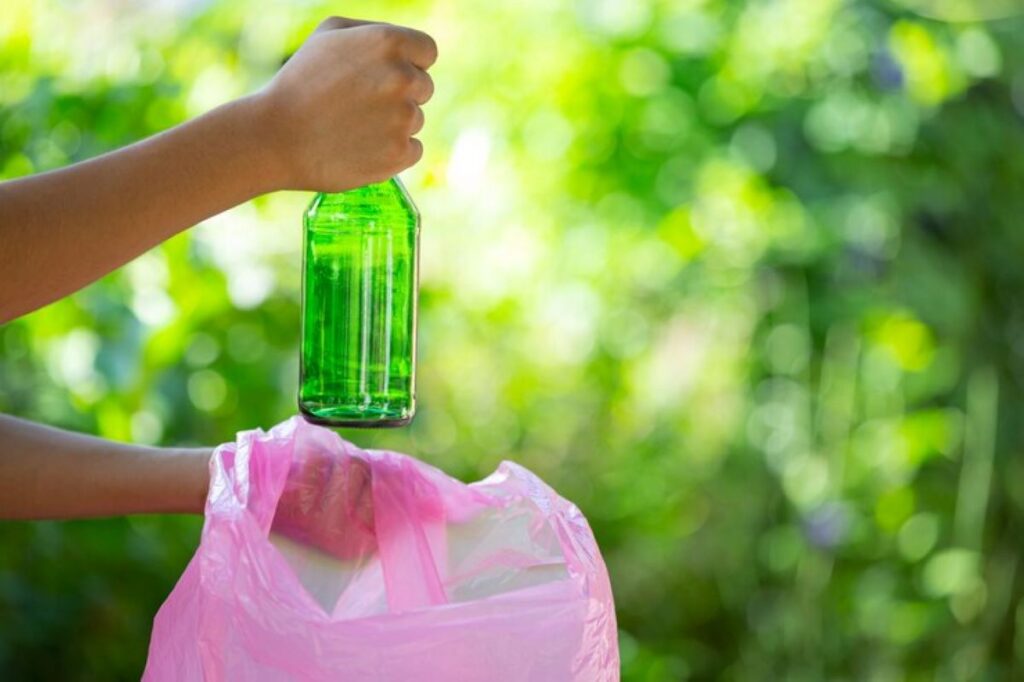As urban gardens flourish and the awareness of environmental sustainability increases, the need for effective green waste removal becomes paramount. Sydney, with its thriving green spaces and commitment to environmental health, offers residents various methods for responsibly managing garden waste. In this article, we will explore the significance of understanding green waste, its environmental impact, and the practical approaches available for removal and disposal in Sydney.
Understanding Green Waste: What It Is and Why It Matters
Green waste refers to organic material that is generated from gardening and landscaping activities. This includes plant clippings, leaves, grass cuttings, and small branches. Understanding what green waste entails is crucial for managing it effectively and ensuring minimal negative implications for the environment.
The Environmental Impact of Green Waste
When green waste is not managed properly, it can lead to significant environmental issues. For instance, when organic materials decompose in landfills, they generate methane—a potent greenhouse gas that contributes to climate change. Furthermore, improperly disposed green waste can attract pests and lead to local pollution, affecting both soil and water quality.
On the other hand, responsible management of green waste by green waste removal sydney can contribute positively to the environment. By composting or utilizing collection services, residents can ensure that their organic waste is turned into valuable compost, enriching the soil and reducing the demand for synthetic fertilizers. Composting also helps in creating a habitat for beneficial microorganisms, which play a vital role in maintaining soil health and fertility.
Types of Green Waste in Your Garden
There are various types of green waste commonly found in gardens. Recognizing these types can aid homeowners in their disposal efforts. Some typical forms of green waste include:
- Grass clippings
- Leaves
- Plant prunings and clippings
- Branches and twigs
- Weeds and dead plants
Each type of green waste has different characteristics and may require specific disposal methods to minimize environmental impact and promote sustainability. For example, grass clippings can be left on the lawn as a natural fertilizer, while larger branches may need to be chipped or shredded before composting. Additionally, certain weeds can be composted if they haven’t gone to seed, but it’s essential to monitor their decomposition to prevent any potential spread of invasive species.
Moreover, seasonal variations can also affect the types of green waste produced. During spring and summer, gardens tend to generate more organic material due to active growth, while autumn brings a significant amount of fallen leaves. Understanding these seasonal patterns can help gardeners plan their waste management strategies more effectively, ensuring that they make the most of their green waste while minimizing their ecological footprint.
The Importance of Responsible Green Waste Removal
Responsible green waste removal is essential for maintaining healthy ecosystems. It not only aids in reducing landfill overflows but also fosters a culture of recycling and reusing organic materials. Proper disposal methods reflect a community’s commitment to sustainable gardening practices. By ensuring that green waste is processed correctly, communities can significantly contribute to the reduction of their carbon footprint while simultaneously enriching the environment.
Benefits of Proper Green Waste Disposal
Engaging in responsible green waste disposal offers numerous benefits:
- Environmental Health: Preventing organic waste from ending up in landfills reduces methane emissions and pollutant runoff.
- Soil Enrichment: Properly composted green waste can improve soil structure, promote healthier plants, and reduce the need for harmful chemical fertilizers.
- Community Aesthetic: Managing green waste effectively contributes to a cleaner, more attractive community environment.
- Cost-Effective: Utilizing green waste collection services or composting at home can save residents money on waste disposal fees.
Additionally, responsible green waste disposal can create a sense of community involvement and awareness. Local initiatives, such as community composting programs or green waste drives, can bring neighbors together, fostering relationships and encouraging collective responsibility towards environmental stewardship. When people participate in these programs, they not only learn about the benefits of composting and recycling but also become advocates for sustainable practices within their community.
Risks Associated with Irresponsible Waste Disposal
Conversely, neglecting green waste disposal can lead to various risks, such as:
- Increased greenhouse gas emissions
- Attraction of pests and diseases
- Contamination of local waterways from leachate
- Disruption of local flora and fauna
Understanding these risks reinforces the importance of adopting environmentally sound practices for waste management. The consequences of improper disposal can extend beyond immediate environmental impacts; they can also affect public health and safety. For instance, the proliferation of pests attracted to decomposing organic matter can lead to increased disease transmission, while the contamination of waterways can disrupt aquatic ecosystems and harm wildlife. By recognizing these potential hazards, individuals and communities can make informed decisions about their waste management practices, ultimately leading to a healthier planet for future generations.
Green Waste Removal Methods in Sydney
Sydney residents have access to several methods for green waste removal, ensuring that garden waste is disposed of sustainably. Here are some widely used methods:

Composting at Home
One of the most beneficial methods for managing green waste is home composting. This process involves converting organic waste into nutrient-rich compost through controlled decomposition. Home composting can be done using:
- Plastic compost bins
- Wooden pallets
- Worm farms (vermicomposting)
Not only does composting divert waste from landfills, but it also provides residents with valuable compost for their gardens, promoting healthy plant growth without chemical additives. Moreover, composting at home fosters a deeper connection with nature and encourages sustainable gardening practices. By observing the decomposition process, individuals can learn about the importance of biodiversity and soil health, making it an educational experience for families, especially children.
Green Waste Collection Services
For those unable or unwilling to compost at home, Sydney offers several green waste collection services. Local councils provide residents with specific collection days for green waste, allowing for systematic disposal. These services typically involve:
- Specially designated green waste bins
- Regularly scheduled pick-up times
- Guidelines on what materials can be included
Taking advantage of these services not only supports local environmental initiatives but also helps keep gardens and neighborhoods tidy. Furthermore, these collection services often play a crucial role in promoting community awareness about the importance of reducing landfill waste. Many councils also provide educational resources and workshops to help residents understand the benefits of green waste management and how to effectively participate in these programs.
Drop-off Points for Green Waste
Another option for responsible green waste removal includes utilizing designated drop-off points across Sydney. These sites accept a variety of organic materials, providing a convenient solution for residents. Drop-off points often include:
- Recycling centers
- Community gardens
- Local landfills with green waste facilities
Using drop-off facilities is a practical choice for those who produce large quantities of green waste or prefer not to manage it at home. Additionally, many of these drop-off locations offer educational signage and resources that inform visitors about the recycling process and the environmental benefits of reducing waste. Some community gardens even host events where residents can learn about composting techniques and sustainable gardening, further enhancing community engagement and environmental stewardship.
Tips for Efficient Green Waste Management
To enhance green waste management practices, residents can adopt several effective strategies.
Reducing Green Waste Production
The first step to efficient green waste management is minimizing the amount produced. This can be achieved by:
- Choosing low-maintenance plants
- Implementing regular pruning schedules to avoid overgrowth
- Utilizing mulch to suppress weed growth rather than relying on chemical herbicides
By consciously selecting the types of plants and approaching garden maintenance wisely, homeowners can significantly reduce their garden waste. Additionally, incorporating native plants into landscaping can further decrease the need for excessive watering and fertilization, which often leads to more green waste. Native plants are adapted to the local climate and soil conditions, making them easier to maintain and less prone to disease, thereby contributing to a healthier ecosystem.

Sorting and Preparing Green Waste for Disposal
Proper sorting and preparation of green waste help streamline disposal processes. To prepare green waste effectively:
- Separate biodegradable materials from non-biodegradable items
- Chop larger branches into smaller pieces to facilitate composting or collection
- Ensure bins are not overfilled, allowing for proper aeration during composting
Engaging in these practices ensures that green waste is managed efficiently and responsibly. Furthermore, residents can enhance their green waste management by establishing a composting system at home. Composting not only reduces the volume of waste sent to landfills but also produces nutrient-rich soil that can be reused in gardens. By adding kitchen scraps, grass clippings, and leaves to a compost bin, homeowners can create a sustainable cycle of waste reduction and soil enrichment. This practice not only benefits the environment but also fosters a deeper connection to the gardening process, encouraging a more mindful approach to waste management.
Regulations and Guidelines for Green Waste Removal in Sydney
To promote responsible waste disposal, several regulations and guidelines govern green waste management in Sydney. Understanding the local framework can help residents comply with the rules and contribute positively to their community.
Local Council Regulations
Each local council in Sydney provides specific regulations regarding green waste disposal. Residents are advised to familiarize themselves with:
- Collection schedules for green waste
- Prohibited materials in green waste bins
- Dimensions and weight limits for oversized items
Consulting your local council’s website is a reliable way to find up-to-date information regarding regulations and services provided. Additionally, many councils offer dedicated green waste bins to facilitate easy disposal, and some even provide free mulch from processed green waste, encouraging residents to participate actively in the program.
State Environmental Policies
In addition to local regulations, state-level policies guide green waste management across New South Wales. These policies focus on reducing landfill waste and promoting recycling initiatives. Participation in state-sponsored programs, such as community clean-up events and educational workshops, can further enhance community involvement in sustainable practices. The state government also collaborates with various organizations to develop campaigns that raise awareness about the importance of composting and mulching, which can significantly reduce the amount of green waste that ends up in landfills.
Ultimately, being informed about both local and state guidelines ensures that residents of Sydney contribute to environmental sustainability through responsible green waste management. Furthermore, engaging in local community initiatives not only fosters a sense of belonging but also empowers residents to take ownership of their environmental impact. By sharing knowledge and resources, communities can work together to create a greener, cleaner Sydney for future generations.
In conclusion, effectively managing green waste in Sydney is a shared responsibility that significantly impacts our environment. By understanding what green waste is, its implications, and employing suitable removal methods, Sydney residents can take conscious steps toward a more sustainable future.
Related: The Benefits of Using a Green Waste Removal Service for Tree Pruning

